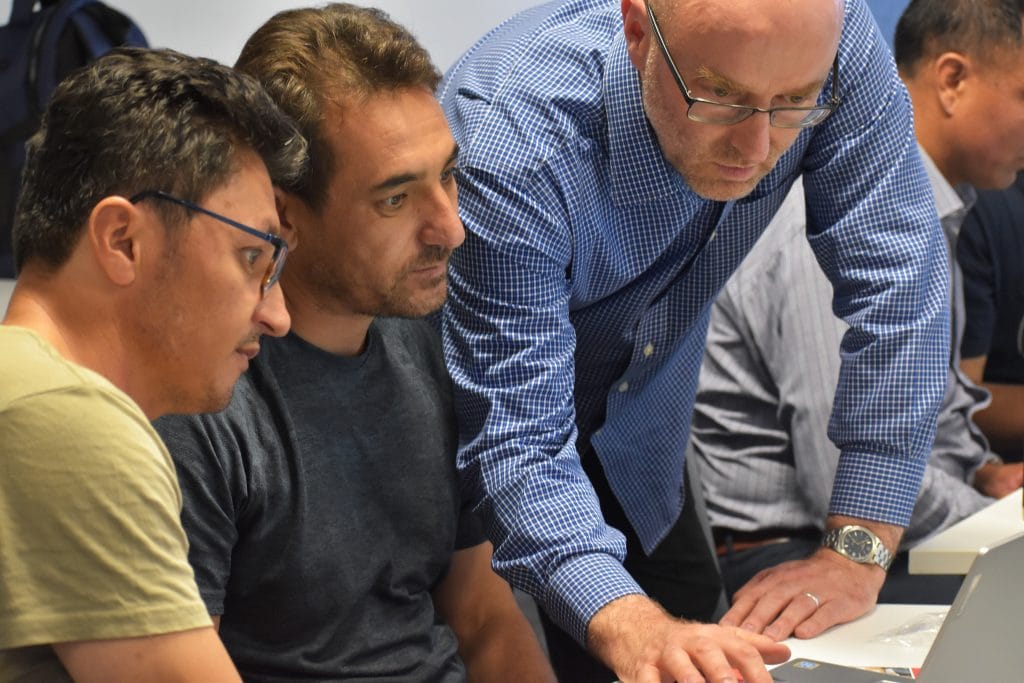Construction business building better futures with NSF course
The Foundation Skills for Your Future (FSFYF) Program ended in June 2024. Workplace-Based Training Projects are now available through the Skills For Education and Employment (SEE) Program.
As a young refugee working on an Australian construction site, Hedayat Osyan learned first-hand how limited English, communication and digital skills could be a fast path to exploitation and hopelessness.
That is one of the reasons why, many years later, he didn’t hesitate to bring NSF’s Foundation Skills For Your Future (FSFYF) program to workers at his Sydney social enterprise, CommUnity Construction.
Hedayat Osyan, originally from Afghanistan, risked his life to travel to Australia by boat. He is so grateful for his freedom, he has made it his life’s mission to give back, starting his own business and helping other refugees through training, support and employment. Since 2017, Community Construction has employed dozens of Hazara refugees, helping them become independent and empowering them to achieve their goals in the workplace, and life.

Recognising the need for his workers to improve their English and digital skills, Hedayat initially delivered his own informal training during lunch breaks. But when he heard about the FSfYF course at Navitas Skilled Futures, he discovered the benefits of formal bespoke training.
The program was delivered by in close consultation with Hedayat, catering directly to his employees’ needs. Hedayat said the team took the training seriously, were extremely motivated and it delivered life-changing results.
Hedayat said not only did it improve their communication and digital skills, but it also raised their confidence and led to better workplace performance. Some workers have even since started their own businesses.
“After the Foundation Skills program they became more determined, and more confident speaking with clients,” Hedayat said.
“Before I had to be with them on every job because they were too nervous to speak to people. They were just planning to work as an employee forever.
“After this program they became more engaged; they wanted to speak with people, to help the business in terms of management and planning social media, writing emails, creating quotes, they wanted to have more involvement. That’s huge for me.”
Hedayat said some of his workers had gone on to start their own contracting businesses and this gave him a lot of satisfaction: “It is something I am very proud of.”

Hedayat is also very grateful to Navitas, a company which he says is aligned with the same goals of wanting to improve people’s lives and give them the skills and confidence they need for a better future.
“In my own country I was considered a second-class citizen because of my face, because of my religion,” Hedayat said.
“But when I came to Australia, for the first time in my life I was treated with respect and dignity, and from that time I decided to work hard to contribute to Australian society because they gave me a second chance, and they welcomed me with open heart and that is something I’m very grateful for from the Australian community.
“I feel like it’s my responsibility now to work hard to contribute to this society and make it more beautiful, because Australia is a great country.”
Navitas Stakeholder Engagement Manager Genevieve Lewis said there were several meetings with Hedayat to ensure the program was tailored to his workers’ needs. He was involved throughout the process, reviewing the initial training package, providing feedback and being regularly contacted by phone and email to discuss the participants’ progress.
“The aim was to improve the LLND (Language, Literacy, Numeracy and Digital) skills of tilers and other employees so they could work safely on construction sites, communicate more effectively in English with fellow clients, workers and site supervisors, as well as gaining the knowledge and confidence to possibly establish their own small businesses in the future,” Genevieve said.
Navitas Skilled Futures Trainer Craig Armstrong, who ran the class for CommUnity Construction workers, said it was rewarding to see how much the team had grown by the end of the 26-week course, which ran twice a week at Navitas’s Auburn campus.

He said through practical activities, such as roleplay, real-life scenarios, relevant guest speakers and lessons on Australian idioms, participants could see workplace benefits to the course and could apply the skills and knowledge straight away.
The group forged a strong bond (an unexpected and positive benefit from the program) and recently travelled to Perisher with Craig for their first ever ski trip.
“The thing that’s impressed me the most is that they work really hard,” Craig said. “They’ve all gone out and bought their own laptops. One of the guys had never used a computer before and now he’s quite confident with using it.
“They’ve improved in confidence with spoken communication and all of them have improved their digital skills.”
While Hedayat’s personal background set him on his path to help other refugees in the workplace and Australian society, he said the FSfYF program was equally beneficial for employers. He said it led to a happier and safer workplace with employees who felt more connected, could communicate better with each other, and who had a better understanding of their role and business outcomes.
Since participating in the program at Navitas, CommUnity Construction has raised its profile of social enterprise within the NFP sector and increased referrals, including interstate. It has also been able to expand its business from mainly tiling to include other work such as painting, rendering and cleaning due to improved employee skills.
Hedayat now encourages other businesses to follow his lead: “I think it is very important for other employers to use this opportunity for their employees to improve their English skills and also improve their communication skills.”


